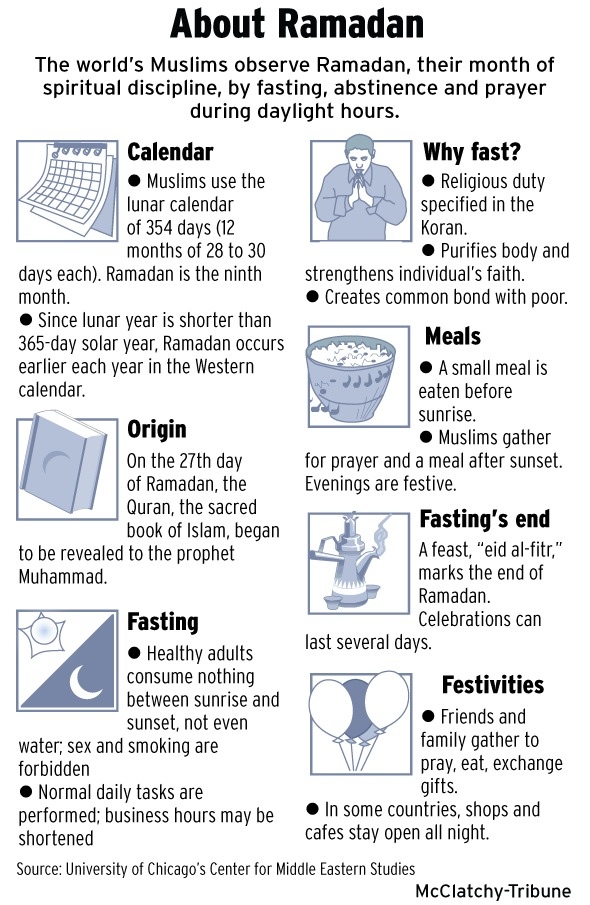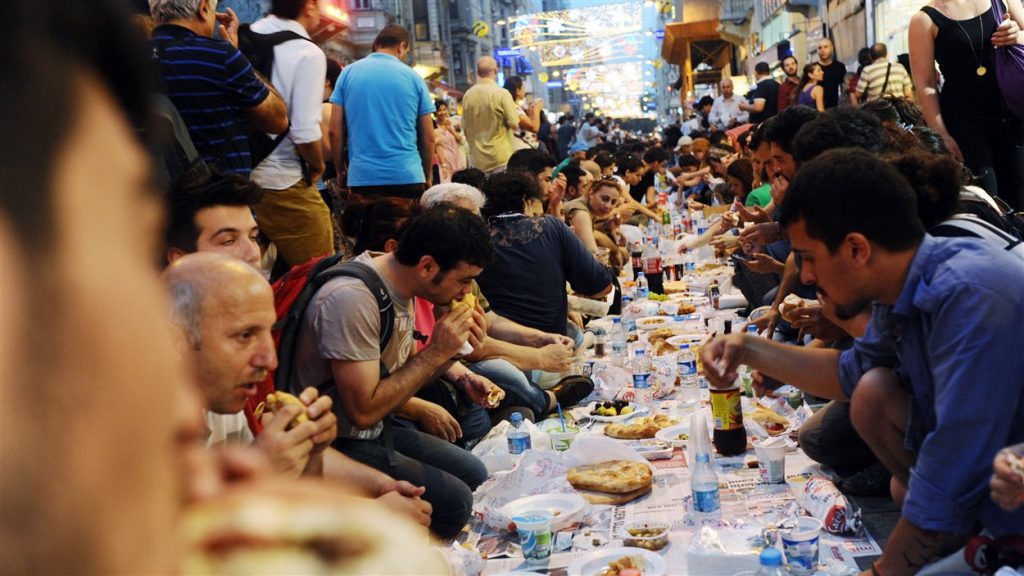What is Ramadan al Mubarak?
Ramadan is the ninth month of the Islamic calendar, celebrated all around the world. Muslims across the globe spend all day fasting. In addition to fasting, they avoid certain things as prescribed by Islam, during the daylight. Ramadan is not just to stop drinking and eating, Muslims are blessed with this month to refresh their souls. They spend day and night to avoid the evil thoughts, acts, words as well as sexual activity during fasting.
Why is Ramadan celebrated?

Muslims around the world re-evaluate their lives in the light to Islamic teachings. They fasting during the month of Ramadan, reshape their lives and ask ALLAH (SWT) for forgiveness. They perform prayers more than they do in their regular lives. Also, they tend to pay zakah or charity to benefit the poor in the society. Physical effects of fasting remind Muslims about the poor and homeless individuals. The essence of Ramadan is to feel the pain of hungry and those who live below the living standards.
Ramadan is also a chance to thank ALLAH Almighty for fulfilling all our needs, healthy food, comfortable home, and family members. In Ramadan, fasting is not the only thing we have to perform but to refrain ourselves from many other things. We have to protect our eyes, tongue to avoid gossips, backbiting, ears to avoid idle talk, protect each other from the evil thoughts and deeds. Fasting is the opportunity to practice self-control even you have the availability of everything but you avoid them for pleasure of Allah (SWT). It reminds the suffering of the poor and helps to feel the peace, as well as the opportunity to develop a kinship with the fellow believers.
We can judge the importance of Ramadan by this that ALLAH Almighty revealed holy Quran in Ramadan month. Throughout Ramadan, Muslims offer tarawih prayer every night after Isha. Men and women offer additional prayers including recitation of Quran.
Ramadan Rules

Image Source: University of Chicago’s Center for Middle Eastern Studies
Fasting in Ramadan is compulsory for every adult Muslim. In Arabic ‘sawm’ is the term used for fasting. It means “to Refrain”, from drinking, eating and sexual activities from dawn to sunset.
In Quran, Surah Al-Baqarah (2-183) says:
‘O you believe, the seam is prescribed for you as it was prescribed to those before you so hat you may become self-restrained.’
Fasting is mandatory for every Muslim who is sane, adult and able. Some exemptions apply:
- The insane, children who are not adolescent.
- Elders who are ill and cannot fast (such person has to feed at least one poor person every day in the month of Ramadan).
- Pregnant women may postpone the fasting.
- Women during the period of menstruation, or of post-childbirth (fasting during that period is forbidden and should be made up later).
Fasting starts every day at fajr salah time and ends at sunset or with the call of salah maghrib. The validity of fasting depends upon the following:
- Abstaining from eating, drinking and sexual activity from dawn to sunset.
- The intention (Niyyah) must be made every day before dawn.
History of Ramadan

Quran mandated the observance of Ramadan, Chapter 2, Verse 185:
The month of Ramadan is that in which was revealed the Quran; a guidance for mankind, and clear proofs of the guidance, and the criterion (of right and wrong). And whosoever of you is present, let him fast the month, and whosoever of you is sick or on a journey, a number of other days. Allah desires for you ease; He desires not a hardship for you; and that you should complete the period, and that you should magnify Allah for having guided you, and that perhaps you may be thankful.
Quran was first revealed to Muhammad (peace be upon him) during the month of Ramadan. The first revelation was sent down on Laylat-al-Qadr (Night of Power) which is one of the five odd nights of the last ten days of Ramadan. According to hadith, all holy scriptures were sent down during the Ramadan.
According to the Quran, fasting was obligatory for the prior nations to get the ‘taqwa’ (forbearance, fear and abstinence). Allah proclaimed to Muhammad (peace be upon him) that fasting for His sake was not an innovation in monotheism, but rather an obligation practiced by those who truly devoted to the oneness of Allah.
Ramadan Fasting

Ramadan is the month of fasting. Muslims take a meal before dawn commonly called suhoor, the meal taken at the sunset is iftar. Muslim population is diverse around the world and has a variety of suhoor and iftar meals. All day during fasting Muslims engage in prayers, charity and other good deeds to serve the humanity. In Ramadan, Muslims increase the practice of self-discipline and patience.
Fasting becomes compulsory for Muslims when they reach teenage, its purpose is to refresh the soul, practice self-control, and self-discipline. It teaches sacrifice and encourages charity. Fasting is usually broken with dates as an act of sunnah. According to the sunnah of Hazrat Muhammad (peace be upon him), fast is broken with three dates. Muslims follow this at the time of sunset then perform the Maghrib prayer. Iftar is the time when Muslims pay thanks to Allah after the whole day fasting and spend the day according to teachings of Islam.
Tarawih refers to extra prayer perform in Ramadan after the Isha prayer.
Ramadan Facts

The start of Ramadan is determined by the moon, according to the solar calendar, the dates change every year around 11 days. This month have a significant impact on the daily routine and life of Muslims around the world regarding their activities, working time. They left the gossips, skip additional traveling and other activities and have focused on the recitation of Quran, prayers and charities. Ramadan helps us to realize the pain and hunger which face by the poor and develop the courage to help others.

